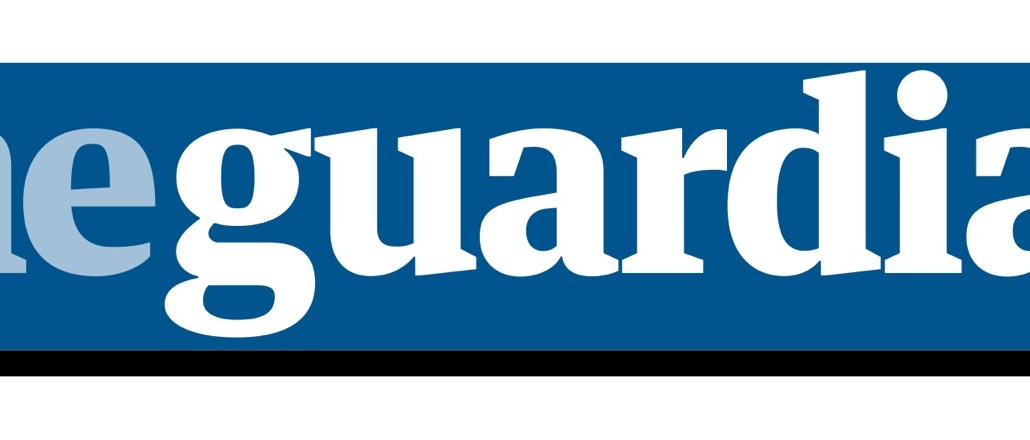
Sometimes, having a big audience just isn’t enough.
On Thursday, David Pemsel, the head of the Guardian Media Group, and Kath Viner, The Guardian U.S.’s editor-in-chief, sent an email to staff informing them that the size of its U.S. operation would be reduced by 30 percent, through a combination of buyouts and, if necessary, layoffs. The cuts, which will reduce the total headcount to about 100, will be felt not just in the newsroom but across all departments.
“The priority is to protect Guardian journalism,” the email read. “We will maintain streamlined newsrooms in New York, Washington DC and San Francisco.
“Other savings will come from freezing recruitment and reducing spend in areas such as marketing, consultancy, travel and general expense.”
The paper made the moves because of a budget shortfall of $4.4 million, which Pemsel and Viner attributed to tough market conditions. After years of running at a deficit, The Guardian and its parent, Guardian Media Group, had been planning to turn itself into a break-even operation by 2018, with an eye toward eventually becoming profitable thereafter.
Those plans, however, were interrupted by quick shifts in reader behavior, as well as advertisers’ tastes. Since Guardian execs unveiled their aspirations, advertiser appetite for Facebook and Google has grown even more pronounced, with some estimates that the two companies are raking up 90 percent of all the new ad dollars flowing into digital media.
The Guardian is not the only paper to run up against these headwinds, which have battered the paper globally. Earlier this month, former editor-in-chief Alan Rusbridger claimed that The Guardian had lost some $27 million in advertising revenue to Facebook, part of a historic shortfall that saw the Guardian Media Group, the parent of both Guardian U.S. and its U.K. operations, post a $93 million EBITDA loss during that fiscal year.
“This is going to get worse because they have a means of distribution which we simply can’t cope with,” Rusbridger said at a FT Live event. “The more people switch on to these devices, the more problematic that question is going to get.”
Yet beyond the industry-wide challenge of competing with Facebook and Google, ad buyers said The Guardian U.S. faced an entirely different problem. “It was a lack of audience positioning,” said Ben Kunz, svp of marketing and content at Mediassociates.
Even though The Guardian had done a fine job building raw readership, growing into a top-five digital news destination in the U.S., agencies and marketers said the audience did not have enough distinguishing features to justify paying a premium for direct campaigns.
“WSJ.com, for instance, has a very clear, affluent business audience, and as a media planner we’ll tell clients to spend higher rates there – because that specific audience has value,” Kunz said. “The Guardian grew its online audiences in the U.S., but those readers seem undifferentiated.”
They may also, in the eyes of some buyers, not be numerous enough. “Their reach still trails more established competitors like New York Times and Washington Post by a sizable margin,” said Jeremy Tate, vp and group director of media at Starcom. “Those could be some of the headwinds they’ve faced in growing their U.S. presence.”
The Guardian U.S. attracted some 42 million monthly readers, according to comScore, while The New York Times and Washington Post had 86 million and 82 million unique visitors, respectively.
How The Guardian shores up those problems remains unclear. For now, it will also have to focus on figuring out buyouts. The Guardian U.S.’s union committee said both sides are committed to working together to figure out how cuts will be made. Meanwhile, morale inside the newsroom has taken a hit. “There is a feeling of surprise that is unpleasant,” said one reporter, anonymously. “I’ve had better days,” said another. “Mood around here is not great “
More in Media

Media Briefing: Publishers who bet on events and franchises this year are reaping the rewards
Tentpole events and franchises are helping publishers lock in advertising revenue.

With Firefly Image 3, Adobe aims to integrate more AI tools for various apps
New tools let people make images in seconds, create image backgrounds, replacing parts of an image and use reference images to create with AI.

Publishers revamp their newsletter offerings to engage audiences amid threat of AI and declining referral traffic
Publishers like Axios, Eater, the Guardian, theSkimm and Snopes are either growing or revamping their newsletter offerings to engage audiences as a wave of generative AI advancements increases the need for original content and referral traffic declines push publishers to find alternative ways to reach readers.





